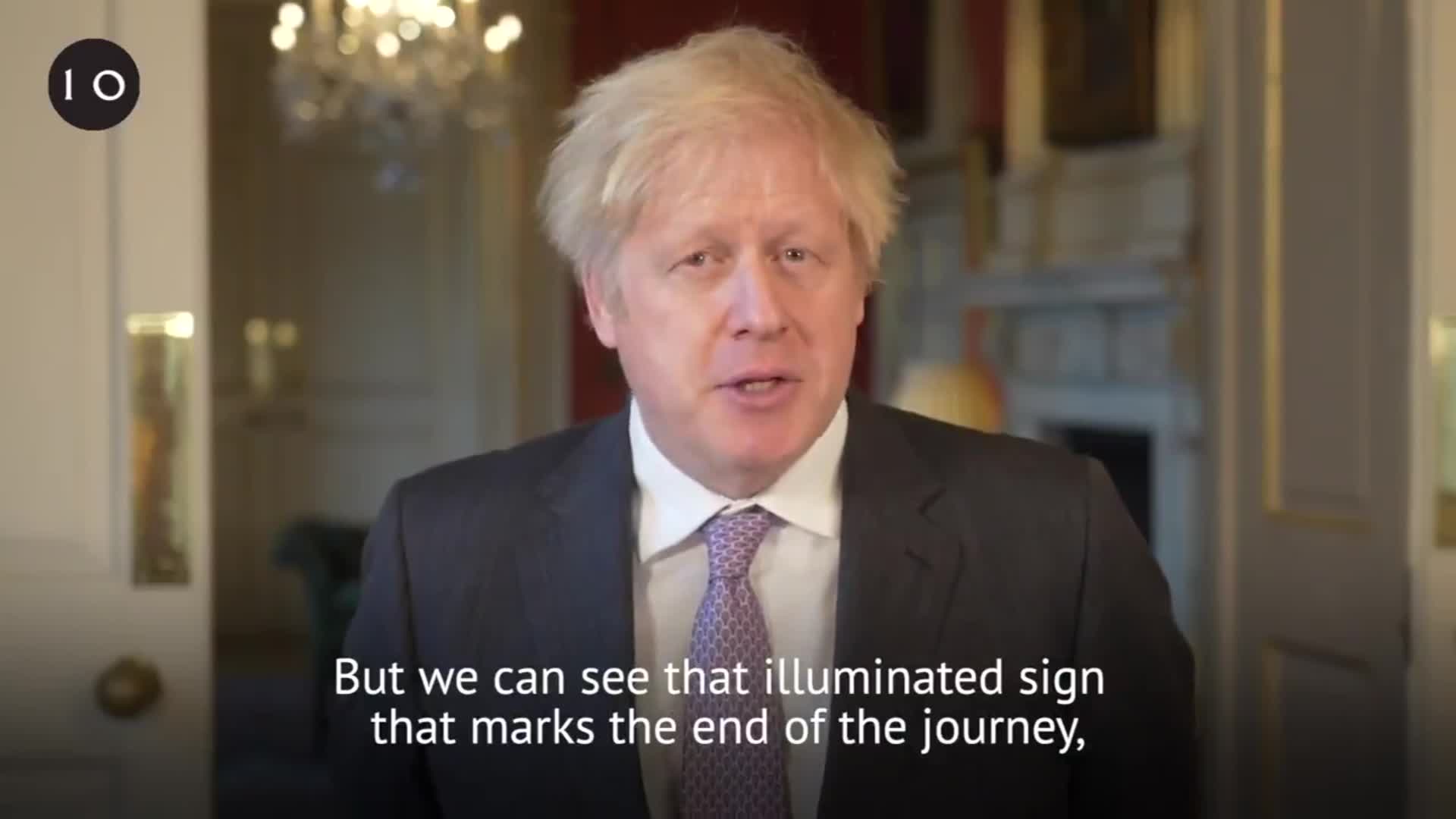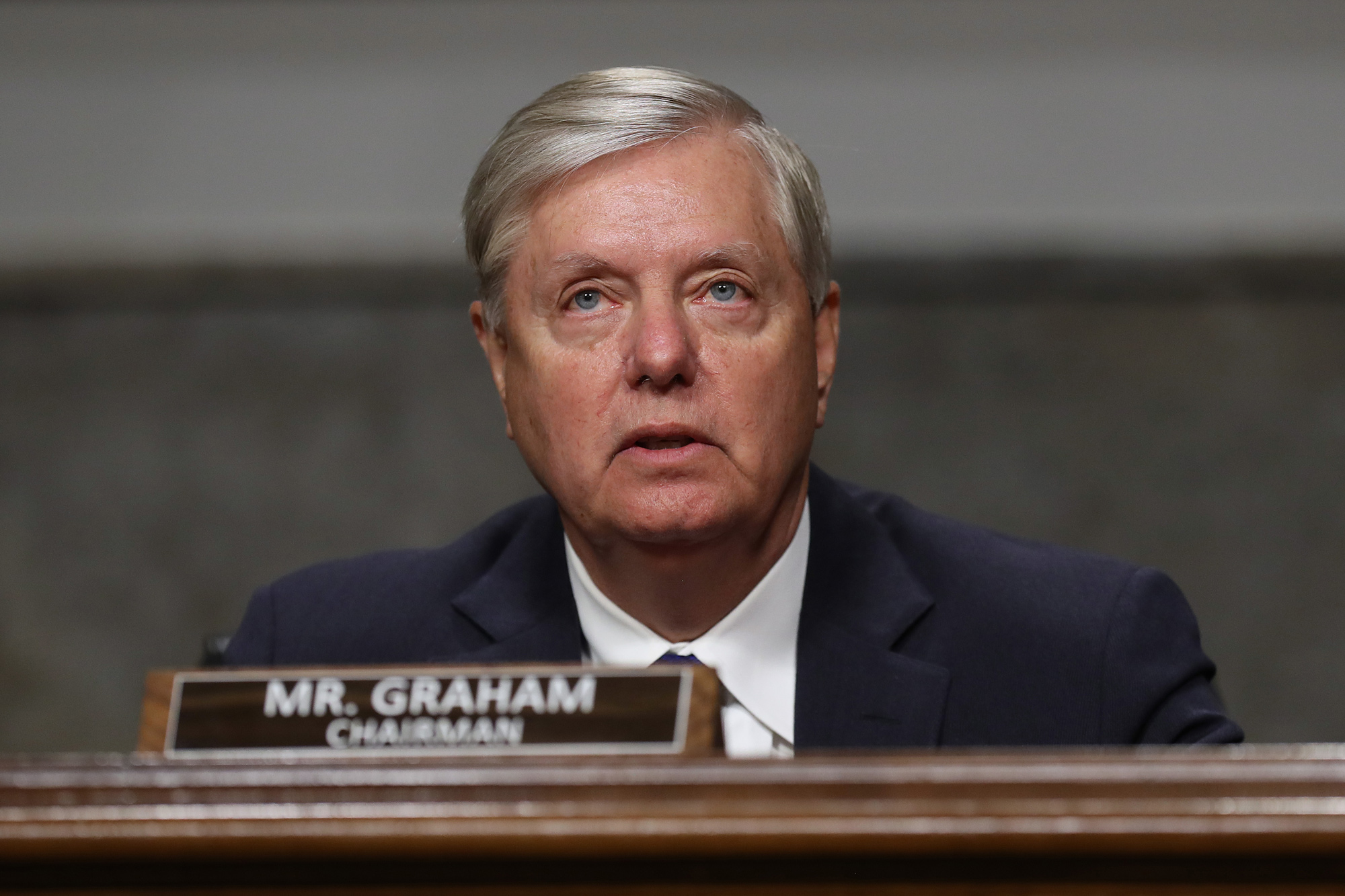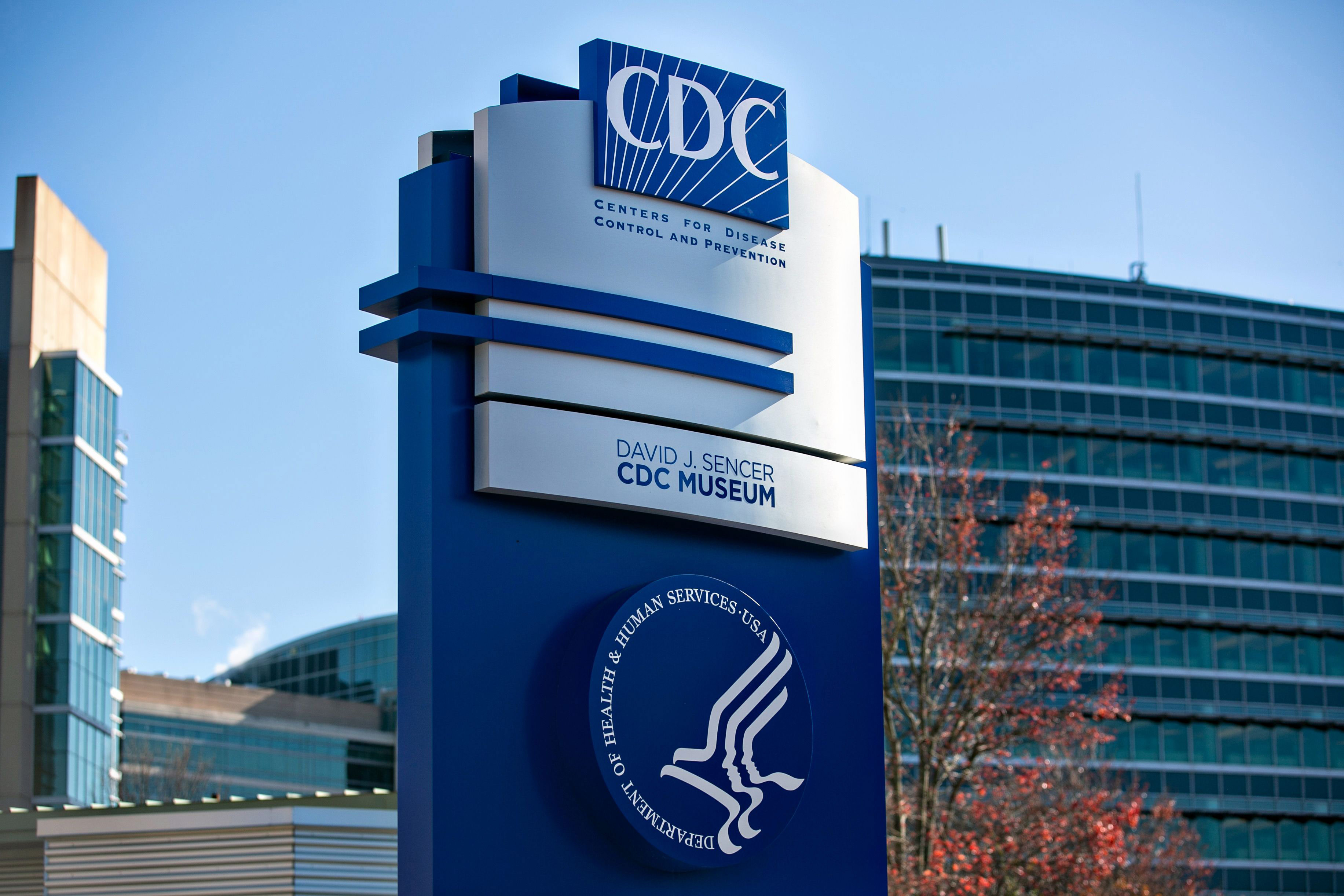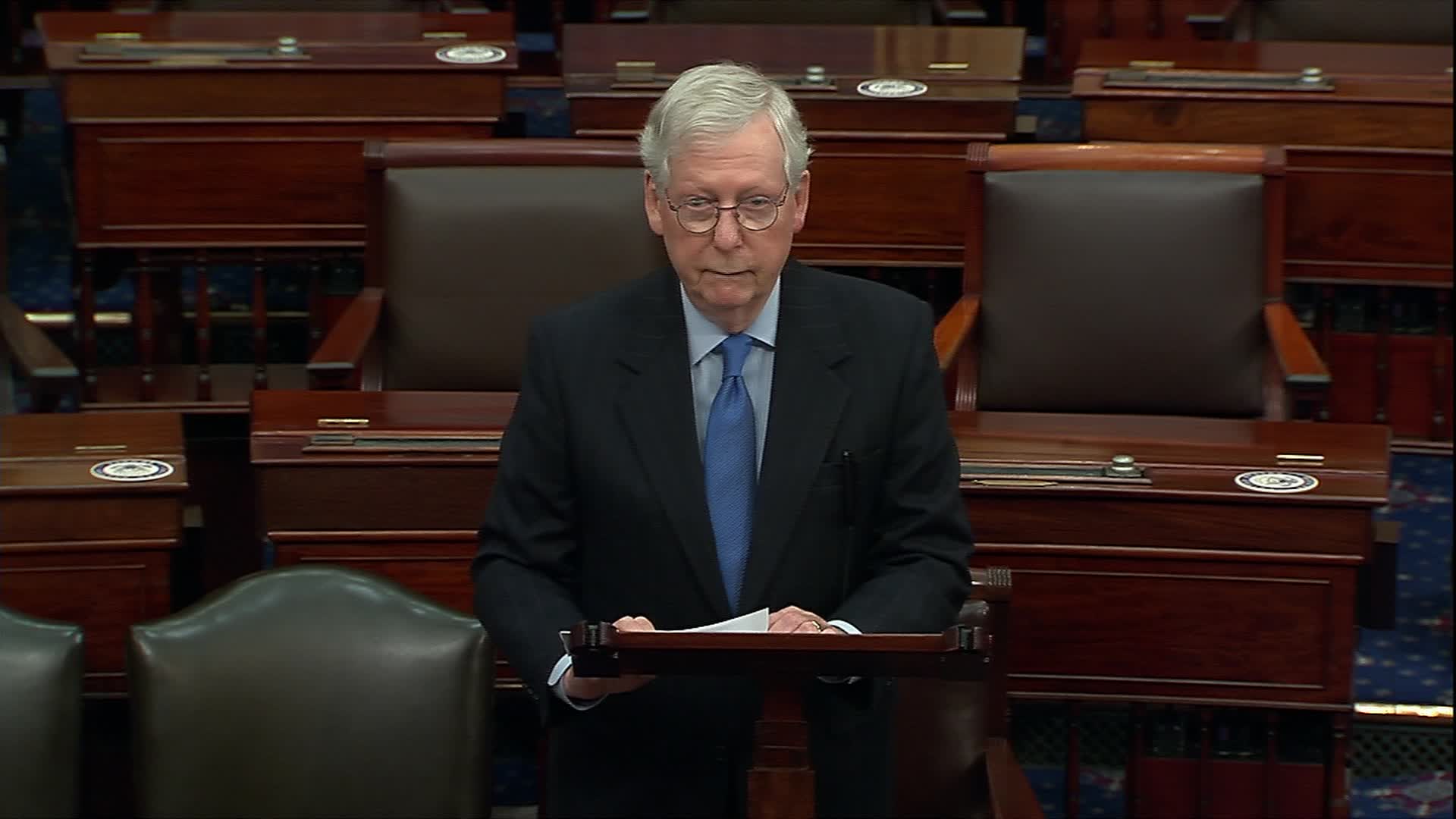Rapid antigen tests for Covid-19 are less accurate than RT-PCR tests for Covid-19, the Centers for Disease Control and Prevention said Thursday – often even less accurate than advertised.
The fast tests may be missing many cases of infection, the CDC-led team said. And they are also often telling people they are infected when, in fact, they are not.
Antigen tests are generally cheaper than polymerase chain reaction or PCR tests, and can return results in as little as 15 minutes. Multiple tests in both categories have gotten Emergency Use Authorization from the Food and Drug Administration, but a study published in the CDC’s Morbidity and Mortality Weekly Report found that antigen tests were not only less accurate than PCR tests, but less accurate than what was reported when the FDA gave emergency authorization.
“Among people reporting COVID-19 symptoms at the time the samples were collected, the Sofia antigen test was less accurate than reported in the FDA Emergency Use Authorization,” the CDC-led team wrote. Antigen testing in this study had a sensitivity rate of 80%, compared to a previously reported 97%.
“For people who were asymptomatic at the time samples were collected, the accuracy was significantly lower – only 41% of RT-PCR-positive samples were also positive by antigen test and, in this population, the majority of positive antigen tests were ‘false positives,’ which is when someone tests positive but does not have the virus.”
The researchers investigated the tests at two Wisconsin universities by administering Quidel’s Sofia antigen test and a PCR test to both symptomatic and asymptomatic participants. Antigen tests quickly seek out evidence of the virus, which PCR tests take longer but work by amplifying genetic material from the virus.
“The Sofia rapid antigen test was less accurate than RT-PCR for detecting SARS-CoV-2 infections in students and faculty tested at two universities in Wisconsin,” the researchers wrote. “The antigen test accuracy was lowest among study participants not showing symptoms (asymptomatic),” they added.
Investigators said that antigen tests may still be valuable in tracking infection because they are cheaper and quicker, and may be more accessible than PCR tests. But results from antigen tests should be paired with more accurate testing.
“To account for reduced test accuracy of antigen tests, CDC recommends considering confirmatory testing with an FDA-authorized molecular test, such as RT-PCR, following negative antigen test results in people who have COVID-19 symptoms, and following positive antigen test results in asymptomatic people,” said researchers.








